What Are My Remortgage Options?
- Access to competitive rates and some you can't get direct
- Specialist Mortgage Advisers
- Free initial consultation
Home » What Are My Remortgage Options?

What Are My Remortgage Options?
Chris Needham talks us through our options when it’s time to look for a remortgage deal.
My mortgage deal is coming to an end. What should I do?
Most clients we speak to are either on a fixed rate or a tracker rate with their lender, and both of these types of schemes have a fixed end date.
For instance, if you’re on a two-year fixed rate, it’ll have a defined end date. At that point, if the client does nothing, they will revert to the lender’s standard variable rate (SVR). That is typically a lot higher than a fixed rate or the tracker rate.
We always recommend starting to look for options six months before the scheme ends. Six months gives us time to understand your needs and objectives, what you want from a new deal, and then secure you a deal.
At the moment, rates are changing on a regular, frequent basis. By securing a new scheme six months out, we can keep checking the market to see if anything with a lower cost becomes available. So if your deal’s coming to an end, speak to an advisor. We can work out a plan in plenty of time so that you avoid the lender’s standard variable rate.
Is now a good time to remortgage?
[podcast recorded September 2023]
If you’re coming to the end of your scheme, then definitely. You need to do something at the end of your scheme so that you don’t go on the standard variable rate. That SVR will undoubtedly see your payments increase from what you’re used to paying.
But for some people, going onto the standard variable rate can be a good idea – especially if you’re looking to move house in the next two or three months. There’s no point locking into a new fixed-rate scheme for three years if you know that you’re going to be selling your property.
If you’ve got two years left on a five-year fixed deal, for instance, remortgaging now probably isn’t the right thing for you. Rates are much higher now than where they have been. Plus, if you leave a scheme early, you typically have early repayment charges to pay and they can be quite expensive.
So speak to an advisor. We can look at your existing scheme, understand why you’re looking to remortgage, and then work out whether it’s feasible and it’s the right thing for you to do.
How quickly can you remortgage?
The remortgage process can be quite quick. It can take two or three weeks from start to finish. But we suggest you start that process six months out, rather than three weeks before your deal ends.
If we can look at the options six months ahead, and get a new deal arranged and lined up, we can then keep checking the market for the rest of that six-month window. If a lower rate scheme becomes available we can switch you over to it, if it’s the right thing to do.
Can I remortgage before my deal ends?
Yes, it is possible to remortgage, but it’s likely that you’ll have penalties to leave your existing scheme early.
So that’s why it’s important to speak to an advisor. We’ll look at your scheme, understand the reasons why you’re looking to remortgage now, and check any penalties for leaving your existing scheme. We’ll talk about the new options available to you to put you in a very informed position about whether that’s the right thing to do.
Can I move to a new rate where my current mortgage deal ends?
When you’re coming to the end of a fixed rate, you can move to a new deal either with your current lender or to a different lender. At that point, there would be no early repayment charges to pay.
The end of your current deal is the right time to remortgage because there’d be no penalties. Sometimes there are occasions where if someone has got their house on the market and they’re looking to sell, then staying on the standard variable rate for a few months might be the right thing to do. An advisor can help you work out the most cost-effective approach.
Can I extend my mortgage term?
This is a question we are getting asked frequently at the moment [September 2023], with interest rates now higher than they were two or three years ago. Clients are coming to the end of their fixed rate deals, and because the interest rates are now higher than they’re used to, their monthly payments are likely to go up.
People ask if they can extend their mortgage term to reduce their payments down to a more manageable level. It can be done, but it is really important that we look at the reasons for doing that and see if there’s anything else we can do instead.
The longer you borrow the money over, the more interest you’re going to pay. It really does need careful consideration before you extend the term. A lender will also want to make sure that when you’re extending the term, you’re still going to be paying that mortgage off before you’re going to retire.
Can I fix my mortgage with rates increasing? How long should I fix my mortgage for?
How long to fix for is an impossible question for me to answer. Everyone is different, so it depends on your personal circumstances, your attitude to risk, how long you plan on living in the property and other factors.
It really is important to understand your needs and objectives before we can advise on the right scheme for you. When you come to the end of a fixed rate or a tracker rate deal, the options might be a two-year fix, three-year fix, five-year fix, and some lenders are offering longer-term fixes, such as 10 years.
There’s also tracker rates which appeal to some clients. With rates being higher than they have been, people are viewing that differently. It’s more about understanding personal circumstances, how much you can afford to pay, and your attitude to risk rather than trying to predict what’s going to happen in the market.
Speak To an Expert
Will rates go down in 2023?
It’s fair to say that over the last eight weeks, the rates available from lenders have been very slowly reducing from what they were in July. I’m not going to predict what they’ll do for the rest of the year or in 2024.
Rather than trying to guess what’s going to happen to the rates, it’s important to make sure you’re selecting a scheme that’s right for your needs and circumstances. Make sure it’s affordable, rather than trying to predict the market.
Can I remortgage with credit card debt?
When a lender is assessing a remortgage application, they’re obviously looking at the affordability of that mortgage. They don’t just take into account your income, they also look at what commitments you have.
That might be personal loans, car finance, or credit and store cards, as well as any childcare and committed expenditure. It is possible to remortgage if you’ve got some credit card balances that you don’t intend to repay anytime soon. But that does impact your affordability.
If you’re paying £500 a month on a credit card, the lender sees you’ve got £500 less a month for the mortgage. So it impacts how much they will be willing to lend you.
It’s also important that your credit card payments are up-to-date. If you’ve got a £5,000 credit limit, your balance is £5,000 and you’re only paying the bare minimum each month, that could impact a remortgage. A lender will worry about how you’re going to continue to service that debt and the mortgage.
So speak to an advisor. It is certainly possible to remortgage with credit card debt. It just depends on how that credit card debt has been managed.
Can you remortgage a Help to Buy loan?
We’ve done a lot of these in the last sort of 18 months – where a client bought a new build home under the government’s Help to Buy scheme, and now they’re perhaps coming to the end of their initial five-year deal.
Clients are often either looking to remortgage and leave the Help to Buy equity loan in place, or to raise extra capital to clear that Help to Buy Loan. Both options are available.
It comes down to what the client wants to do, their objectives plus affordability – how much the bank will lend them. The key element is whether they will lend them enough to repay that Help to Buy equity loan so they then own the full share of the property.
What else do we need to know about our remortgage options?
Just that, as I always say, if you speak to an advisor we can look at options for you.
Talk to us in plenty of time. A remortgage can be done in two to three weeks, so it’s a relatively quick process. But rather than leaving it to the last month of your deal, especially with the market as it is at the moment, start looking at options six months out. We can secure a rate and keep checking the market. If things improve, we can potentially switch you to a lower cost scheme.
Think carefully before securing other debts against your home. Your home may be repossessed if you do not keep up repayments on your mortgage.
You may have to pay an early repayment charge to your existing lender if you remortgage.

